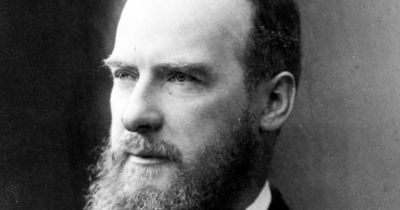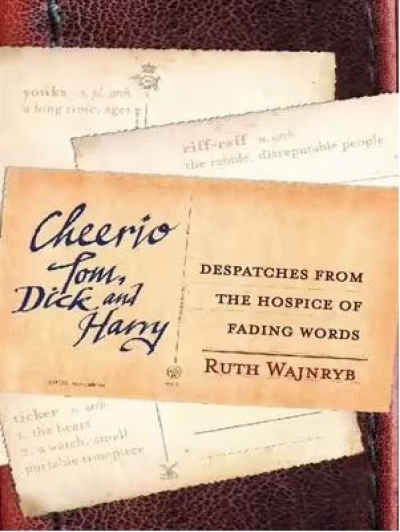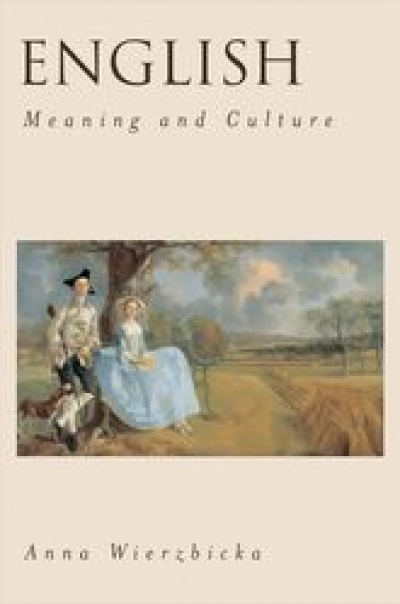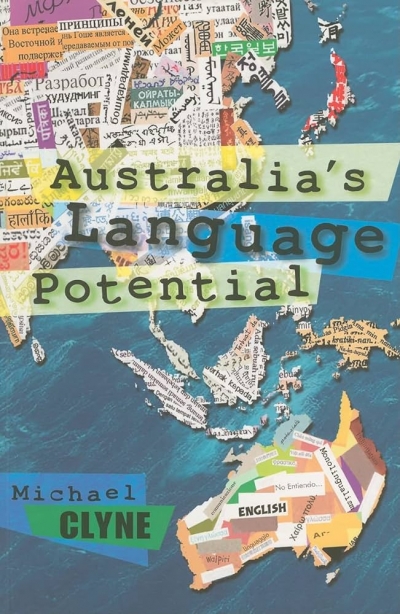Linguistics
There are many impressive things about the first edition of The Oxford English Dictionary (OED), but one in particular has long puzzled me. As an Australian, I have always been struck by its excellent coverage of Australian words. I am not talking about the inclusion of obvious words such as kookaburra, woomera, and fossick, but rather the hundreds of lesser-known words such as wonga-wonga (pigeon), wurley (hut), and yarran (species of acacia), and even more obscure ones such as brickfielder, defined as a ‘local name in Sydney, New South Wales, for a thick cloud of dust brought over the city by a south wind from neighbouring sandhills (called the ‘Brickfields’)’.
... (read more)Cheerio Tom, Dick and Harry: Despatches from the hospice of fading words by Ruth Wajnryb
Speaking our Language: The story of Australian English by Bruce Moore
What does the Australian accent really say about us? It was, somewhat unexpectedly, during a screening of Jane Campion’s Holy Smoke (1999), starring Kate Winslet as a young Sydney woman called Ruth, that I first became preoccupied with this question. As I watched Campion’s follow-up to The Piano (1993), it struck me that Winslet’s Australian accent was so damned perfect that an explanation was mandatory. I mean, Winslet could even sigh like an Aussie.
... (read more)








